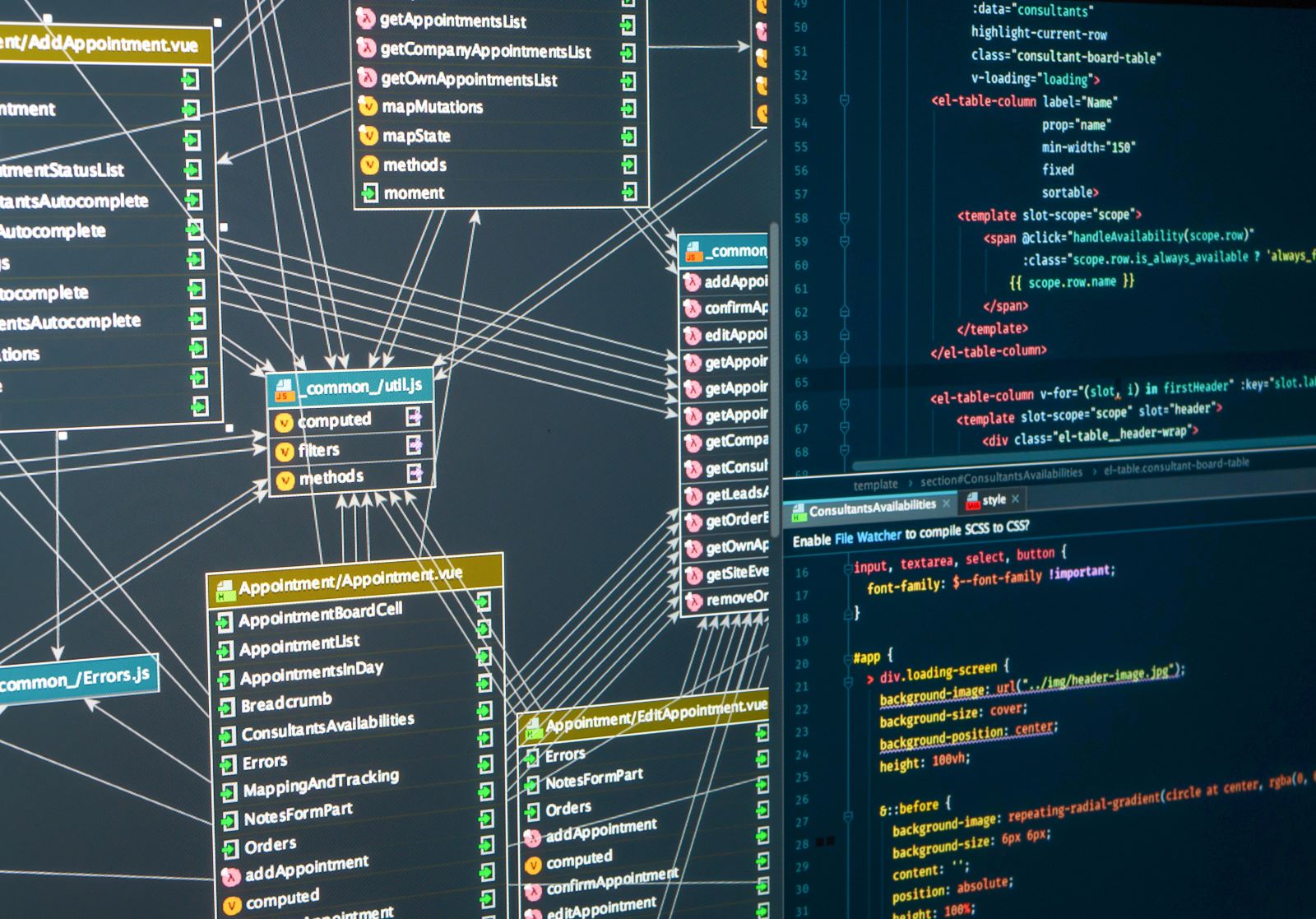Gov’t + IMF develop database to track risk, fiscal implications of PPP projects

The government now has a template for a database of Egypt’s public-private partnership (PPP) projects, according to a technical assistance report (pdf) from the International Monetary Fund, following visits from the global lender’s Middle East Regional Technical Assistance Center (METAC). The IMF reviewed and discussed the database’s design with the Finance Ministry’s PPP unit.
What’s in the database? The database will include detailed data points on each of Egypt’s PPP contracts, including project status, sector, dates of signature, value, and financing, alongside a consolidation table for reporting. This table, which “will include firm and contingent liabilities incurred by the government for PPP projects,” is designed to increase transparency when reporting on PPP projects, the report says.
Why do we care? Mobilizing private sector investment through PPPs could go a long way to helping Egypt close its infrastructure funding gap, which the World Bank has previously estimated sits at around USD 230 bn. The vast majority of the gap is mainly in the transport sector, which the country now is focusing on under its efforts for a full overhaul. PPPs would ensure better quality standards and simplified and flexible tender processes through which government contracts with private businesses, unlike red-taped state-owned companies which are known to crowd out the private sector due to its legislative and institutional barriers.The model would also help address the perception that the state’s growing involvement in the economy, especially through its mega-projects, is forcing out the private sector.
Egypt is no stranger to public-private partnerships: The PPP model has proven successful and popular in some industries, including education, infrastructure, and healthcare. Several big projects are already underway under this partnership model, including housing projects by the Mortgage Finance Fund, the Cairo monorail, as well as the Sixth of October and Tenth of Ramadan dry ports.
2021 saw more love by private sector education to large-scale private investment platforms, due to them being fundamentally stable investments allowing for long-term investments and delivery of high-impact, cost-effective, affordable, quality education, private sector partners in these joint ventures previously told us.
The healthcare sector is also whetting investors' appetite, provided that PPPs could give the private sector access to outlying assets in exchange for a revenue-sharing agreement with the government. But despite investors’ interest, a demand-supply gap could be a challenge due to fragmentation and uneven distribution of facilities — especially by geographic location in the country.
A partnership between the MFF with the private sector is one of the examples putting the PPP amendments to the test. Both are planning to launch several housing projects early this year, the fund’s head May Abdel Hamid said in an interview in November.
More transparency = better PPP bids: By using the database to report the details of Egypt’s PPP projects, the Finance Ministry will be able to map out the fiscal implications of these projects and how they are managed. This documentation “will help to attract more high quality-bidders and potentially lower the risk premium and cost of financing for the government,” the report says.
The IMF also lent a helping hand on the PPP Act: The METAC mission discussed with FinMin “key revisions to the PPP law as well as gaps with good practices and clarifications to be drafted in the regulations.” The law, which passed the House of Representatives in November, will explicitly allow public entities to partner with private companies on transport, energy, communications, and healthcare projects, and introduce new mechanisms to simplify the process.
What they said: The IMF said the bill brings “important revisions to the PPP process,” including changes to limit the term of PPP projects to a maximum of 30 years and the introduction of limited bidding, and unsolicited proposals among others amendments.
Where does the law stand? The bill was ratified by President Abdel Fattah El Sisi in December, and its executive regulations are set to be published in the coming months.
Our homework: The IMF recommends the finance and planning ministries now review the public investment management (PIM) process to align on project assessment, prioritization, and selection. The IMF also suggests expanding the role of the PPP Supreme Committee to review and approve all PPP projects, as well as assessing the efficiency of the procurement method for potential PPP projects. METAC also presented the Finance Ministry’s PPP unit with fiscal risks that Egypt may face from PPP projects, along with proposed actions to promote transparency.
Your top infrastructure stories for the week:
- Microsoft has signed an MoU with the ICT Ministry to help digitally upskill communities targeted by the country's Decent Life Initiative.
- Telecom Egypt and internet provider AFR-IX Telecom have inked an agreement allowing the cross-Mediterranean Medusa subsea cable to land in Egypt.
- Eleven companies are reportedly planning to bid on desalination projects worth a combined USD 2.8 bn.